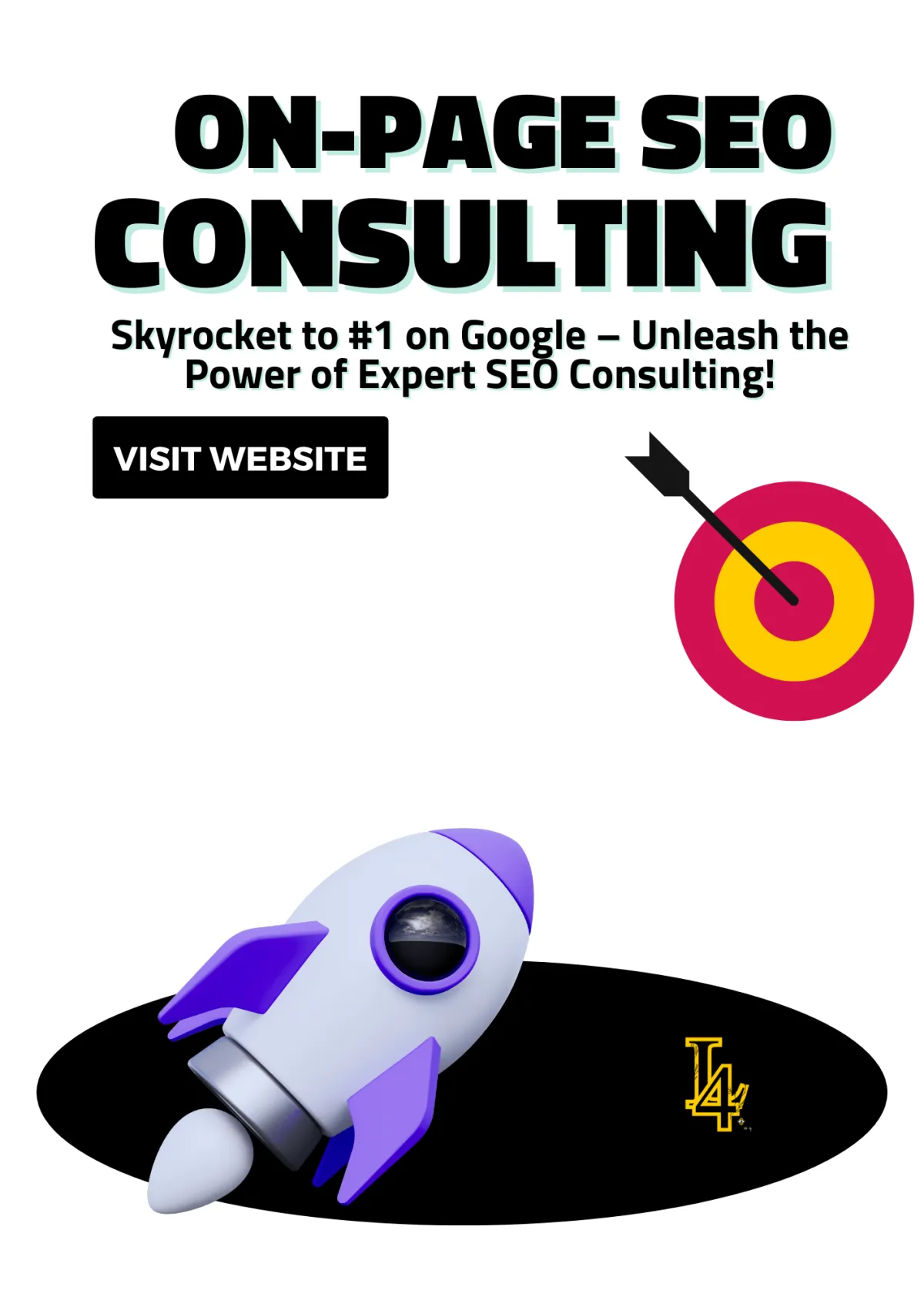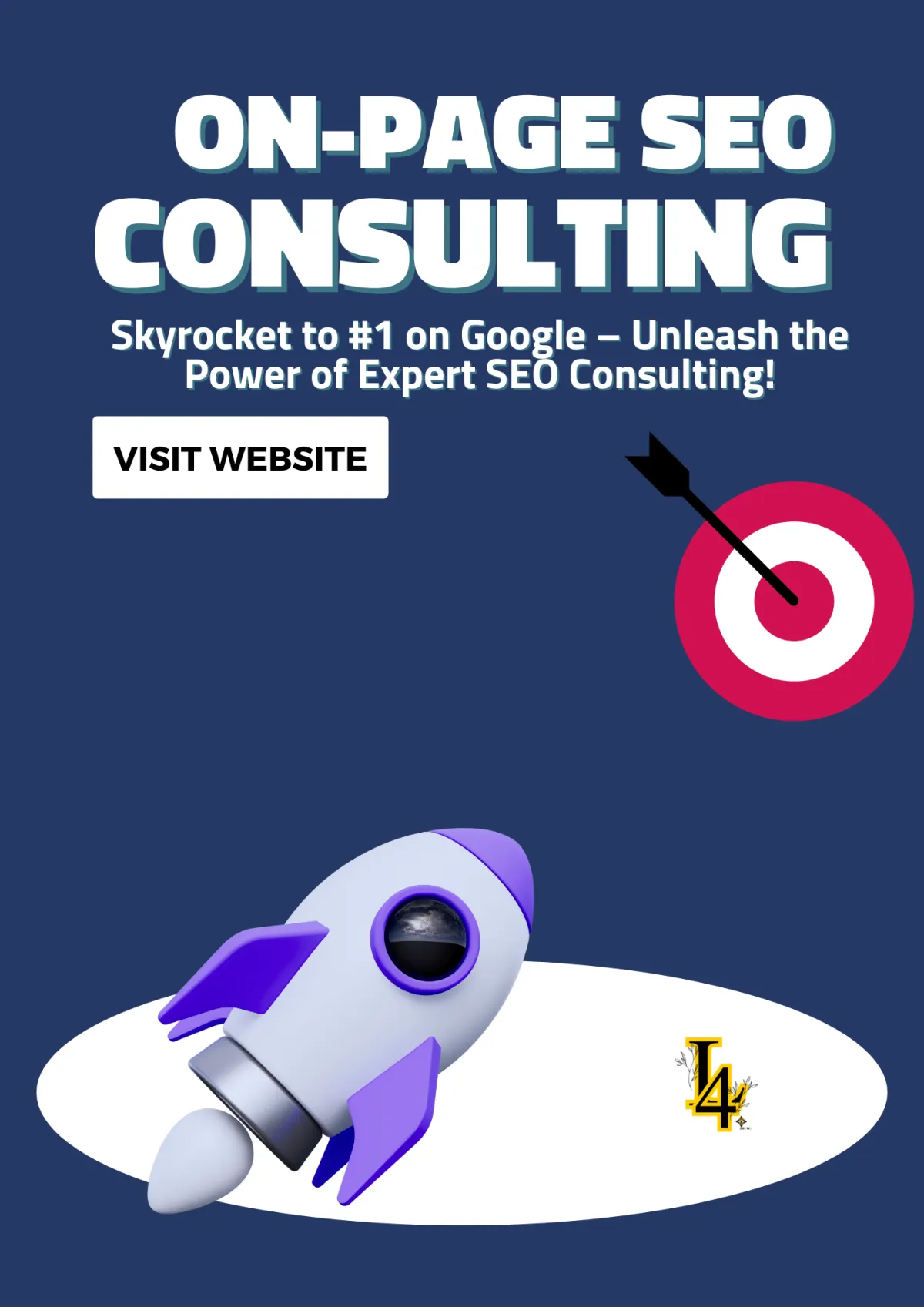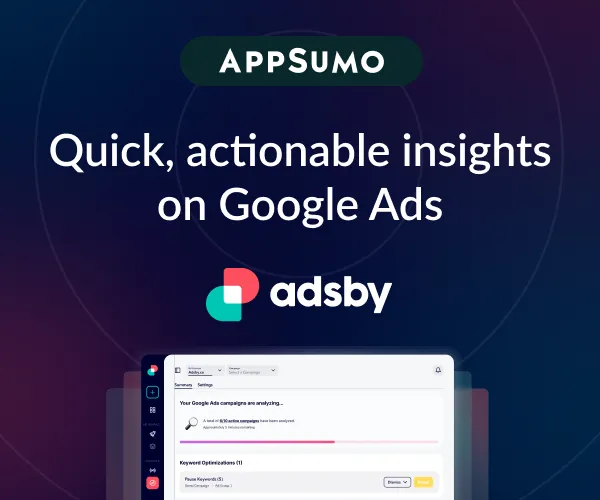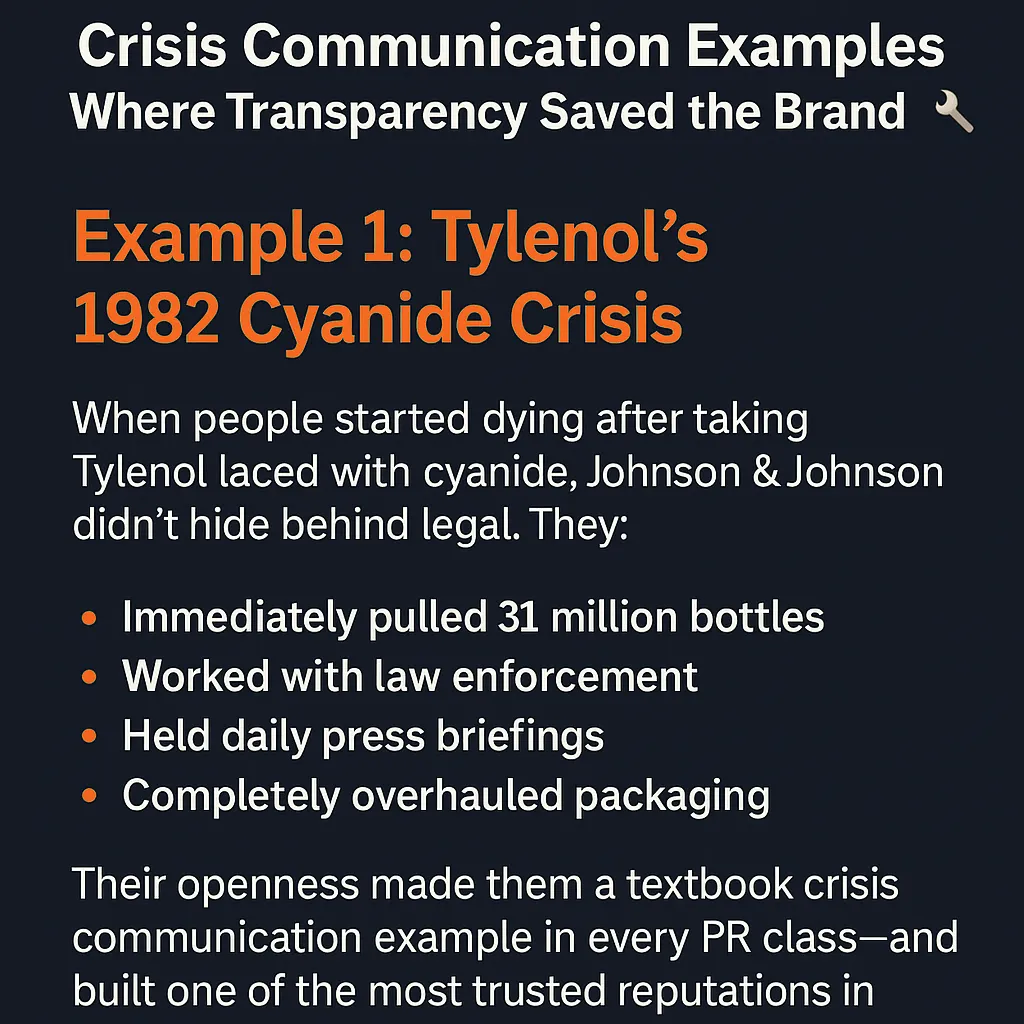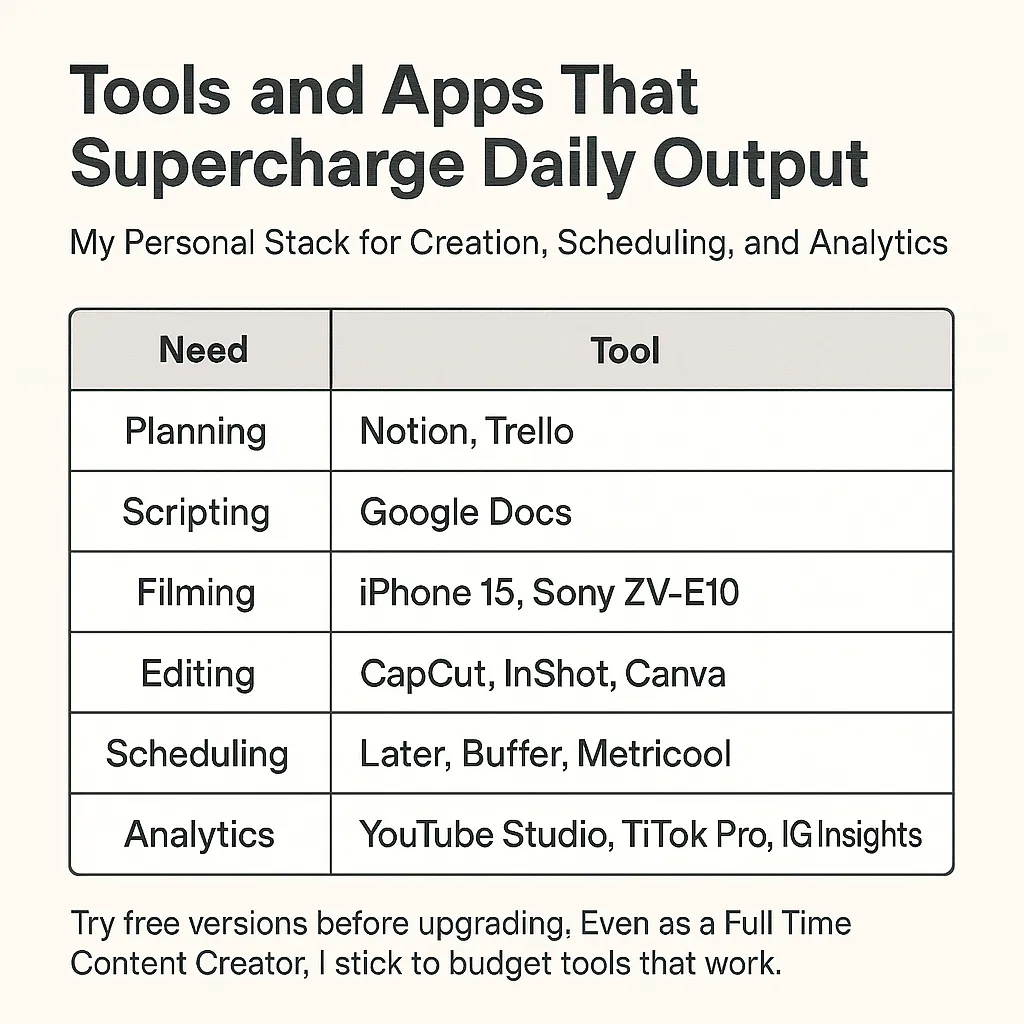
Can Rapid URL Indexer Improve Local SEO Performance? Find Out How!
Can a Rapid URL Indexer Improve Local SEO Performance?
Absolutely! Faster indexing means your business pages appear in search results sooner, helping you outrank competitors and attract more local customers.
Can Rapid URL Indexer Improve Local SEO Performance? Find Out How!
Can Rapid URL Indexer Improve Local SEO Performance?
How Does Indexing Speed Affect Local SEO?
1. Faster Visibility in Local Search Results
How to Speed Up Indexing for Local Visibility:
2. Gaining a Competitive Edge Over Local Rivals
Why Faster Indexing Helps You Outrank Competitors:
3. Boosting Local Citations & Backlinks Impact
How Faster Citation & Backlink Indexing Improves Local SEO:
4. Enhancing Content Marketing for Local Traffic
Why Indexing Speed Matters for Local Content:
How to Speed Up Content Indexing:
Can Rapid URL Indexers Improve Local SEO Performance?
1. Speeding Up New Local Content Indexing
2. Enhancing Google My Business (GMB) Page Indexing
3. Improving Local Backlink and Citation Recognition
4. Speeding Up Updates to Service Pages
5. Boosting Local Content Marketing Efforts
Best Practices for Using Rapid URL Indexers for Local SEO
✅ 1. Focus on High-Quality, Locally-Optimized Content
✅ 2. Optimize Your Google My Business Page & Local Citations
✅ 3. Use Google’s Indexing API for High-Priority Pages
✅ 4. Avoid Overusing Indexing Tools
Conclusion: Does Rapid URL Indexing Improve Local SEO?

Can Rapid URL Indexer Improve Local SEO Performance?
When it comes to Local SEO, getting your website’s pages indexed quickly can make a significant difference in rankings, visibility, and traffic. If you've ever published a new page or updated an existing one, you know the frustration of waiting for Google to crawl and index it. This is where Rapid URL Indexers come into play. But can they really improve your local SEO performance? Let’s explore how these tools work and whether they can give your business an edge in local search results.
What Is a Rapid URL Indexer?
A Rapid URL Indexer is a tool designed to accelerate the process of getting web pages indexed by search engines like Google. Instead of waiting for Google’s bots to find and crawl your new or updated pages organically, these tools send signals directly to search engines, prompting them to index your URLs faster.
How It Works:
Direct API Submissions – Many indexers use Google's Indexing API to notify Google about changes or new content.
Pinging Search Engines – Some tools alert search engines by submitting URLs to indexing services.
Backlink and Social Signals – Certain indexers also generate backlinks or social shares to make URLs more visible to crawlers.

How Does Indexing Speed Affect Local SEO?
Local SEO is all about ranking in the local pack (Google Maps results) and organic local search results. The faster your pages, Google My Business (GMB) landing pages, citations, or blog posts are indexed, the sooner they can start ranking and attracting local customers. If your competitors' pages take weeks to get indexed while yours appear within days, you automatically gain a competitive advantage. This makes rapid URL indexing an essential strategy for local businesses aiming to dominate search results.
Here’s a detailed breakdown of how faster indexing directly benefits local SEO performance:
1. Faster Visibility in Local Search Results
Google’s search engine works by crawling, indexing, and ranking pages based on relevance and authority. If Google doesn’t index your page, it won’t appear in search results, no matter how well-optimized it is.
Why Does This Matter?
Local businesses rely heavily on geo-targeted keywords (e.g., "best dentist in Austin" or "plumber near me").
If Google delays indexing, your competitors who already have indexed pages will get all the local search traffic.
Time-sensitive content, like seasonal promotions or local event announcements, can become irrelevant if indexing takes too long.
Example:
A bakery launches a new page for their holiday specials in New York City. If this page takes three weeks to get indexed, they miss out on crucial holiday traffic. However, by using a rapid URL indexer, the page gets indexed within 24 hours, allowing them to rank for "holiday desserts NYC" just in time for increased seasonal demand.
How to Speed Up Indexing for Local Visibility:
Use Google Search Console to manually request indexing for new pages.
Utilize Google's Indexing API for pages that change frequently.
Submit new pages to Bing Webmaster Tools and other search engines.
Share new URLs on Google My Business posts, social media, and local forums to increase crawl signals.
2. Gaining a Competitive Edge Over Local Rivals
If your business relies on local search rankings to drive traffic and leads, you need every advantage over your competitors. Faster indexing allows your business to show up in search results before they do, giving you a head start in ranking and conversions.
Why Faster Indexing Helps You Outrank Competitors:
Google typically rewards fresh, frequently updated content, so being the first to index can boost initial rankings.
If a competitor's service page takes weeks to get indexed while yours is indexed in days, you capture customer interest first.
Faster indexing also means Google recognizes your business as more active, which can positively influence rankings.
Example:
A real estate agent in Miami publishes a page featuring the top 10 neighborhoods for buying homes in 2025. If they use rapid indexing, Google starts ranking their page quickly, allowing them to capture traffic from buyers searching for "best Miami neighborhoods to buy a home in 2025." If their competitors publish similar content later but take longer to index, they miss out on the highest-intent traffic.
3. Boosting Local Citations & Backlinks Impact
Local citations (directory listings on platforms like Yelp, Yellow Pages, BBB, and local chambers of commerce) and backlinks from reputable local sites signal authority to search engines. However, if these citations and backlinks aren’t indexed quickly, they won’t contribute to your SEO rankings until Google discovers them.
How Faster Citation & Backlink Indexing Improves Local SEO:
Faster recognition of citations → Consistency in NAP (Name, Address, Phone Number) across local directories strengthens local rankings.
Quick backlink acknowledgment → Search engines reward sites with relevant, high-quality backlinks, improving domain authority.
Helps new businesses rank faster → Startups and new businesses need citations to build trust, and quicker indexing gets them visible sooner.
Example:
A landscaping business in Phoenix is listed on Houzz, Yelp, and Angi (formerly Angie’s List). However, if Google takes months to index these citations, they won’t contribute to NAP consistency or local rankings right away. By using a rapid URL indexer, these citations are indexed within days, reinforcing their local search presence much faster.
4. Enhancing Content Marketing for Local Traffic
Local businesses benefit significantly from content marketing that targets geo-specific audiences. Blog posts, FAQs, and locally-focused landing pages help attract and engage local searchers—but only if Google indexes them promptly.
Why Indexing Speed Matters for Local Content:
Google rewards fresh content, so timely indexing boosts initial rankings.
Blogs featuring local news, trends, and events can rank for trending searches only if indexed quickly.
Faster indexing helps new businesses get noticed sooner in organic results.
Example:
A restaurant in Chicago publishes a blog post about the best brunch spots in downtown Chicago. If indexed rapidly, they can rank for brunch-related searches within days. However, if it takes weeks to index, the opportunity to capture traffic from tourists and locals searching for weekend brunch is lost.
How to Speed Up Content Indexing:
Internally link new blog posts to high-authority pages (e.g., homepage, service pages) to encourage Google to crawl them.
Share posts across social media, Google My Business, and local groups to generate engagement.
Use a rapid URL indexer to alert search engines immediately.

Can Rapid URL Indexers Improve Local SEO Performance?
1. Speeding Up New Local Content Indexing
If you create geo-targeted landing pages (e.g., "Plumber in Los Angeles" or "Best Coffee Shop in Chicago"), a rapid indexer ensures they get indexed faster.
Example: A local restaurant posts a new seasonal menu page. If it takes weeks to index, it may miss out on relevant searches.
🡆 Solution: Using a rapid indexer ensures Google recognizes the new page immediately, improving its chances of ranking.
2. Enhancing Google My Business (GMB) Page Indexing
Your GMB website or landing page needs to be indexed to show up in organic search results.
Sometimes, Google delays indexing local business sites, especially if they are new or have low authority.
🡆 Solution: A rapid URL indexer helps your GMB site get indexed faster, boosting its organic visibility.
3. Improving Local Backlink and Citation Recognition
Local backlinks (e.g., from directories like Yelp, BBB, or Chamber of Commerce listings) and citations contribute to local SEO rankings.
If Google doesn’t index these citations quickly, they won’t impact rankings as soon as they should.
🡆 Solution: Using an indexing tool can help Google discover and recognize your citations and backlinks faster, improving local search authority.
4. Speeding Up Updates to Service Pages
If you update business hours, service areas, or contact details on your website, it’s crucial that Google reflects those changes ASAP.
Example: A dentist expands to a new city and updates the service page. If Google doesn’t recognize this, the business may not show up for searches in the new location.
🡆 Solution: A rapid indexer can push these updates to Google faster.
5. Boosting Local Content Marketing Efforts
Blog posts about local events, promotions, or seasonal trends can drive targeted traffic.
If these pages aren’t indexed quickly, they may lose relevance before they even appear in search results.
🡆 Solution: Rapid indexing ensures timely ranking opportunities for fresh, locally-focused content.

Best Practices for Using Rapid URL Indexers for Local SEO
While using a rapid indexer can be beneficial, it’s not a substitute for good SEO practices. To get the most out of it, follow these best practices:
✅ 1. Focus on High-Quality, Locally-Optimized Content
Google prioritizes content that provides value to users. Ensure your indexed pages are:
Keyword-optimized for local search terms.
Well-structured with H1, H2, meta descriptions, and schema markup.
Mobile-friendly and fast-loading.
✅ 2. Optimize Your Google My Business Page & Local Citations
Keep your NAP (Name, Address, Phone Number) consistent across all listings.
Build citations from high-authority local directories.
Use rapid indexing to ensure Google acknowledges new or updated citations.
✅ 3. Use Google’s Indexing API for High-Priority Pages
If you have important service pages or blog posts, manually submitting them via Google Search Console or using an indexing API tool can help.
Google’s API works best for pages that frequently change or need quick updates.
✅ 4. Avoid Overusing Indexing Tools
Indexing too many pages at once may flag your site as spammy.
Prioritize indexing new service pages, local content, and citations over minor updates.
✅ 5. Track Indexing Progress
Use Google Search Console to monitor which pages are indexed.
Check Google's site operator command (
site:yourwebsite.com) to verify if your pages appear in search results.

Conclusion: Does Rapid URL Indexing Improve Local SEO?
Yes, but it’s not a magic fix.
A Rapid URL Indexer can help local businesses by ensuring their pages, Google My Business listings, local citations, and content updates get indexed faster. However, it should be used alongside strong SEO practices like high-quality content, mobile optimization, structured data, and consistent local citations.
Related Articles
SEO Articles
B2B SEO Agency: Dominate Search, Outrank Competitors, and Drive More Leads
Unlock Business Growth with Powerful Search Engine Services
Which Report Indicates How Traffic Arrived at a Website?
How Business Optimization Services Drive Scalable Success
What to Expect in Your First Month with a PPC Consultant
Web Design Articles
8 Must-Have Features for the Perfect Video Website Template (Make Your Videos Stand Out!)
Essential Types of Webpages for Every Website (With Examples)
Free IT Website HTML Templates: Download and Build Your Dream Site Today!
Scrapbooking’s Digital Makeover: Trends That Blend Nostalgia and Innovation

